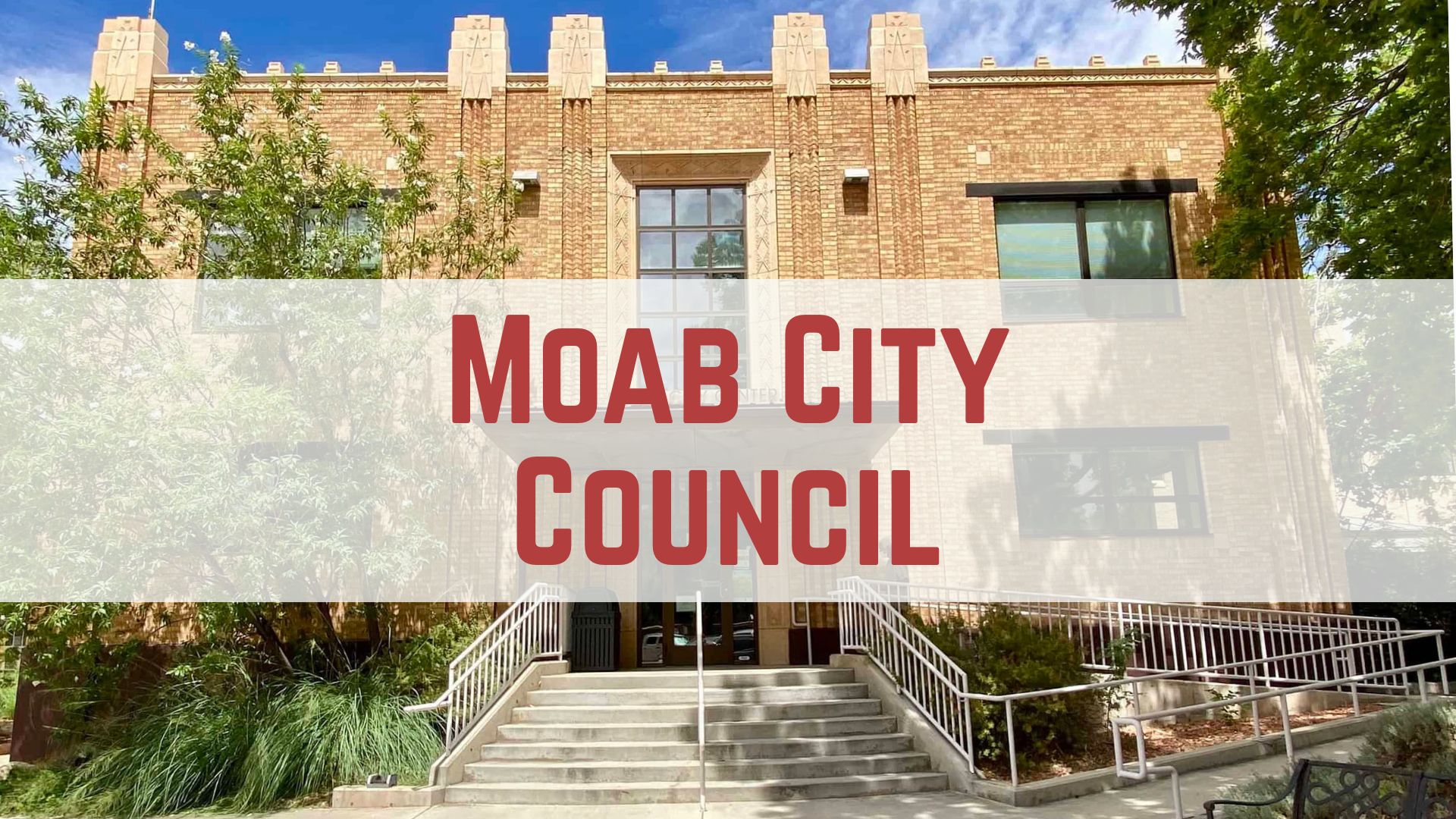Some information may be outdated.
After a closed session following its regular Nov. 16 meeting, the Grand County Commission voted 6-1 not to settle in a lawsuit against national opioid distributors AmerisourceBergen, Cardinal Health, and McKesson and opioid maker Johnson & Johnson.
The case is a multidistrict lawsuit in which states and smaller political entities across the country have sued members of the prescription opioid industry for damages caused by the opioid epidemic; the settlement agreement would cost the companies a total of $26 billion to be distributed among participating parties over 18 years.
It would resolve lawsuits against the companies involved, and would also require industry changes that would help prevent a crisis similar to the opioid epidemic from happening again, such as changes to data tracking and reporting requirements. Moving forward on the settlement agreement involves a complex process of obtaining an agreement from many entities involved in the suit.
This summer, Utah Attorney General Sean D. Reyes announced Utah’s participation in the $26 billion settlement.
“This is a reckoning long overdue,” Reyes said in the July 22 statement. “It has taken us years of hard-fought investigation, prosecution and negotiation to arrive at this landmark settlement. But that is nothing compared to the years of suffering from so many in our state.”
According to Utah’s Public Health Indicator Based Information System website,
“Ten Utah adults die each week from drug overdose; eight of which are a result of opioids; and four due to prescription opioids, specifically. Utah is particularly affected by prescription opioids, which are responsible for 41% of the unintentional and undetermined drug poisoning deaths in the state.”
Utah was not a litigant in the initial lawsuit; however, the settlement agreement allows for all states to opt in to the settlement agreement within a specified timeline. Under the agreement, a “critical mass” of states must participate in the settlement in order for it to go forward; as of this fall, 42 states have agreed to participate, which meets the critical mass requirement.
According to the settlement agreement as summarized in the commission’s agenda packet, Utah’s portion of settlement payments depends on the participation of the subdivisions within the state. If none of the subdivisions agree to participate in the settlement, Utah is entitled to $151 million over the next 18 years. With the full participation of its political subdivisions (like cities and counties), Utah is entitled to $270 million from the settlement over the next 18 years. That stipulation only applies to subdivisions that have populations of 10,000 or more people; or that are pursuing litigation.
As of the 2020 census, Grand County’s population is 9,669 people; however, Grand County is pursuing litigation against opioid companies. [See “Grand County sues opioid makers,” Dec. 6, 2018 edition. -ed.] Under damages awarded through a successful lawsuit, plaintiffs could potentially recover substantially more money than is being offered through the settlement.
Grand County has a contingency fee agreement with its opioid counsel, Grand County Attorney Christina Sloan said in an email to the Moab Sun News, meaning the county will not owe any fees unless damages are recovered via award or settlement. Grand County’s claims are in state court; a similar case brought by Davis County, which is represented by the same opioid counsel that’s representing Grand County, will likely go to trial first, Sloan said. If enough counties decline to join Utah’s settlement agreement, Sloan said she expects the agreement to fail.
Other states and smaller political subdivisions have declined the settlement; in Pennsylvania, for example, district attorneys have sued the Pennsylvania State Attorney General, opposing Pennsylvania’s participation in the settlement.
Representatives from members of the Utah Association of Counties discussed the matter in a closed session at their conference in St. George last week; the conference included a presentation from professional mixed martial arts fighter and Utah native Court McGee, who has overcome substance addictions and launched an online project called Hope 361 where addicts can share stories and connect. Sloan said that in that meeting, small counties were told that “we do not matter.”
“That is in stark contrast to prior statements from the AG’s office that the opioid crisis has uniquely affected rural Utah, and rural Utah would get prioritized attention in any settlement,” noted Sloan.
In their 2020 general session, state legislators established the Opioid Litigation Settlement Restricted Account under House Bill 373. All money received by the state from opioid settlements will be deposited in that account, which, subject to appropriation by the legislature, will be used to address the effects of the opioid crisis and according to terms reached in settlement agreements.
Permissible uses for the funds outlined in the settlement agreement include overdose reversal drugs like naloxone, opioid-related treatment prevention programs, support for people in treatment and recovery, and training for first responders and medical providers.
After the closed session on Nov. 16, commissions voted not to settle in the lawsuit. Commissioner Gabe Woytek voted in opposition.
“The cause of addiction services and supporting our community in that way is incredibly important,” said Woytek, “but I’m not convinced that the outcome of going into litigation and not settling here would warrant the surely sizable strain on county resources. I would actually be in favor of settlement.”
Sloan elaborated that the proposed Utah settlement would amount to approximately $7,000 per year paid over 18 years, while “the damages analysis that our opioid counsel has provided is millions more,” she reported. “That consideration is going into the motion to not settle this litigation at this moment.”
Appreciate the coverage? Help keep local news alive.
Chip in to support the Moab Sun News.




